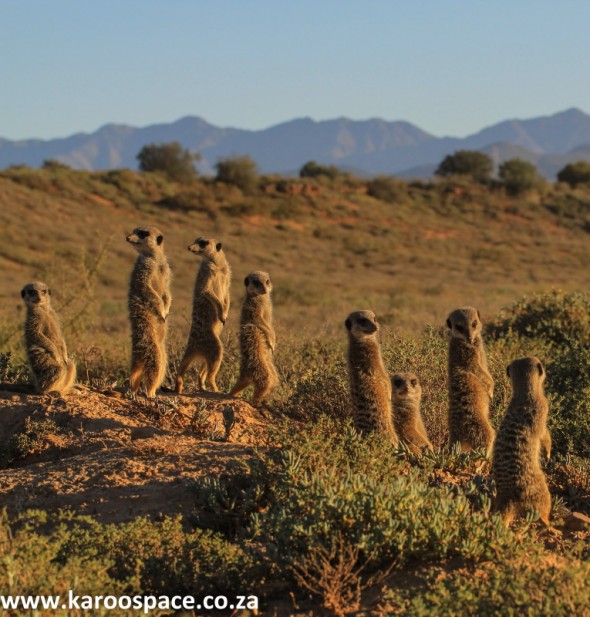
Rise of the Freelancers
Every day, I hear the cries of media people – journalists, graphic artists, photographers and copy editors – who have just been kicked out onto the street by their long-time employers. Many of them have given decades of faithful service – with little remuneration – to their newspapers and magazines. Most of us do this […]

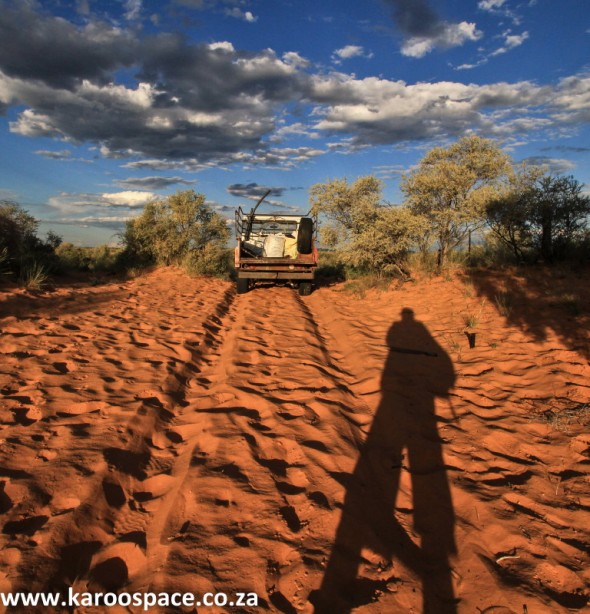
Every day, I hear the cries of media people – journalists, graphic artists, photographers and copy editors – who have just been kicked out onto the street by their long-time employers.
Many of them have given decades of faithful service – with little remuneration – to their newspapers and magazines.
Most of us do this work because we have a passion for it. Take my travel-writing familiars, for instance. If you sent us on a trip without a notebook, pen, camera or some form of recording device, we would probably seize up on the spot.
We love what we do. Our bosses know it, so they’ve never really paid us much.
And that’s been fine, up to now. We’ve bitched about the money, but we’ve loved the newsroom buzz, the deadline pressure and the occasional songs of praise from our readers.
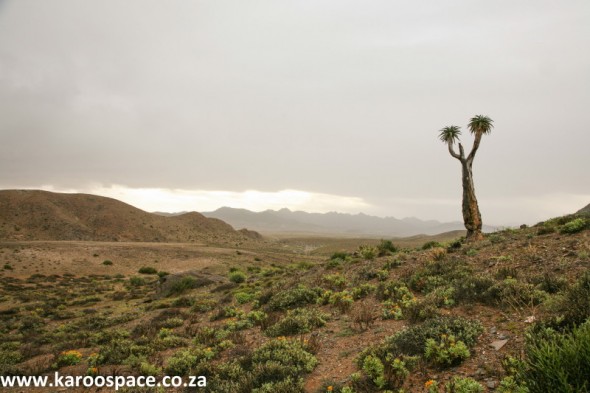
As the late great South African arts writer Percy Baneshik once told me:
“Young man, you may never become a millionaire, but you’ll always have a season ticket to the Grandstand of Life.”
And now I see thousands of my brothers and sisters of the world’s media suddenly faced with the supposedly-bleak prospect of freelancing.
And it looks bleak, because who do you freelance for? Your old bosses? Do you stand in line for scraps of assignments? Will you ever earn enough to cover those mounting bills?
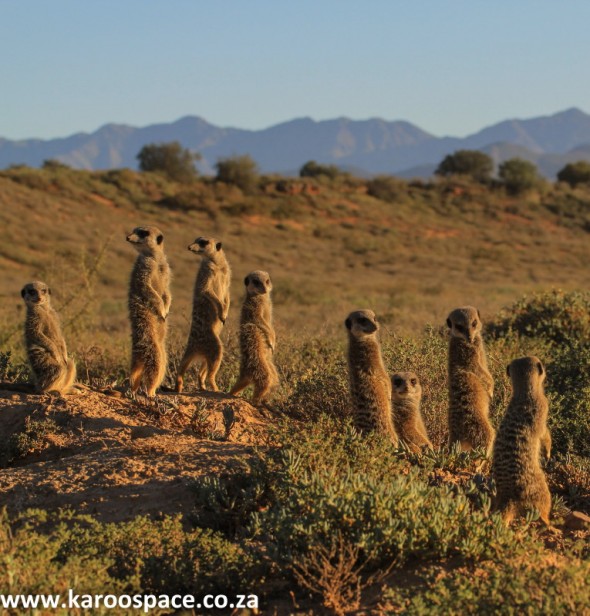
But spare a thought for the Old Firm, the folk who used to pay your salary. Most have simply been blind-sided by the Digital Era, citizen journalism and the instant information available on the Internet.
Print was once lucrative. Now, not so much.
The new brand of media owner could just as well be a plastic widget maker. He doesn’t have ink in his veins or whatever the hi-tech crowd calls it these days. It’s all about the bottom line, the shareholder and how to squeeze the most words out of you – for the least amount of bucks.
It’s also about sucking up to the government of the day.
But I’m not here to lament the woes of Mahogany Row. I’m for Freelance Alley, that dangerous, edgy place where only the brave dare to venture.
And it is a brave new world out there. It takes balls to wake up in the morning and build your earnings base from zero. But the freedom, aah, the freedom. Even if, as Mr Kristofferson said, “Freedom’s just another word for nothing left to lose”.
The first thing you have to realise is that the readers are still out there. They’re hungry for what you have to produce, as long as you’re dealing in quality content.
And they’re right across the globe. If you’ve become a crocodile expert over the years, I’ll bet you good money there are millions of crocodile fans in this world, from Fietas to Fort Lauderdale.
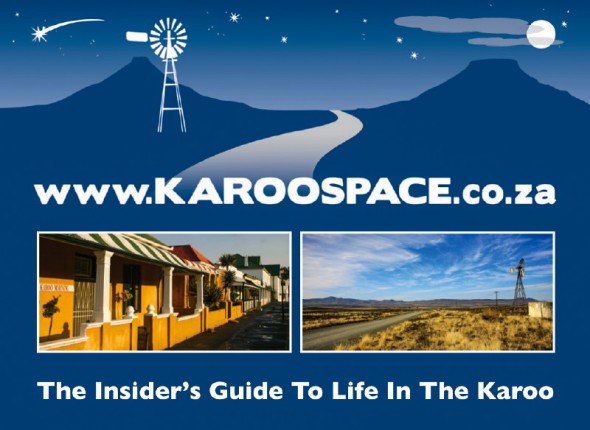
Me, I cover the Karoo in South Africa. For those who don’t know, the Karoo is the most kick-ass desert in the world. It spans 101 settlements and represents the Heartland of South Africa. I’m part of a team that owns and runs a bookstore-website called Karoo Space.
Talk to a South African expat about the Karoo and he will experience great pangs of home-sickness. It’s that kind of a magical place.
So I write articles on the Karoo, mainly for one very good South African magazine called SA Country Life. They pay fairly and my partner and I give them the best of our stuff.
But our main gig is books. Print books (Karoo Keepsakes I and II) and a whole slew of e-books.
We sell e-books to South Africans at home, to foreigners wanting to visit the Karoo and to Saffers living overseas.
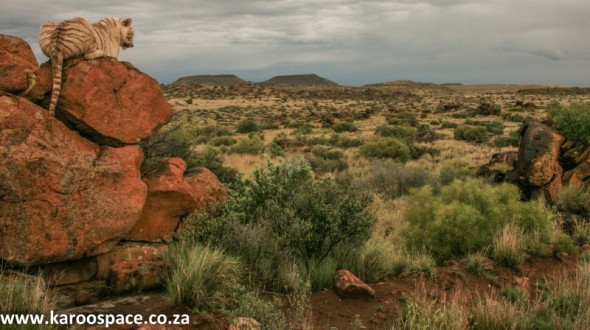
I get a special thrill when I see an order from someone currently in Manitoba, Sussex or Saskatchewan. I know they’ll be back one day, drinking a beer under a wind pump somewhere in the Great Karoo.
And that’s where I see the Rise of the Freelancer. It’s our time right now, and here are my thoughts. They could be relevant for the print-publishing business, but let’s stay on the path of the e-book.
Firstly, you must realise the value of what you’ve been producing all along: good content. That phrase (Content is King) didn’t just invent itself.
People (and you really can’t fool them) love a good story, a beautiful photograph and a creative layout.
There are billions of readers out there consuming content every day. They might want to become your fans, if you let them.
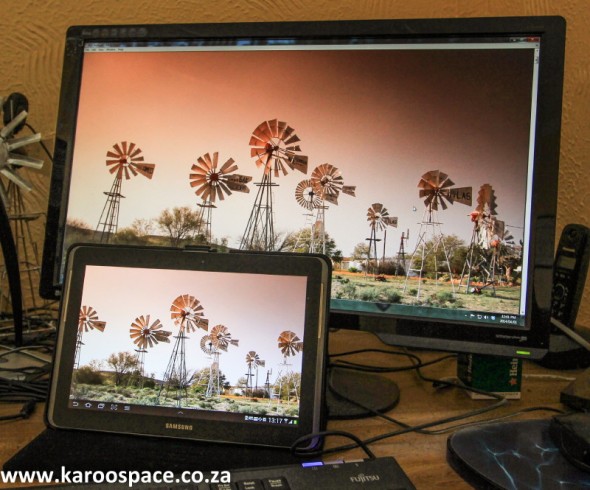
Secondly, if you’re writing a book, invest in high standards. If you’re going to be an Indie Publisher (not a self-publisher, not a vanity publisher) then you must look around and hire the best copy editor you can afford.
Source the finest illustrations and then find yourself one of those Magic People: the Webmeister who does graphics.
Suddenly, you’re a publishing house. Why? Because you’re passing work to copy editors, photographers, map makers, graphic designers, webmasters and possibly all sorts of other people in your field.
They are helping you to bring your book to market – in a professional manner. They are the very people who have been laid off in their millions by the Old Firms.
Get where I’m going with this?
There are other elements to this conversation, which involve subjects like audience interaction and marketing, social media and live gigging. But that’s for another blog.
In the meantime, dear freelancer, the audience awaits your content. Your new professional peers are all out there, only too willing to be your backing band. Now go on stage and give it hell.
And if you die trying, well, at least you did your best…
